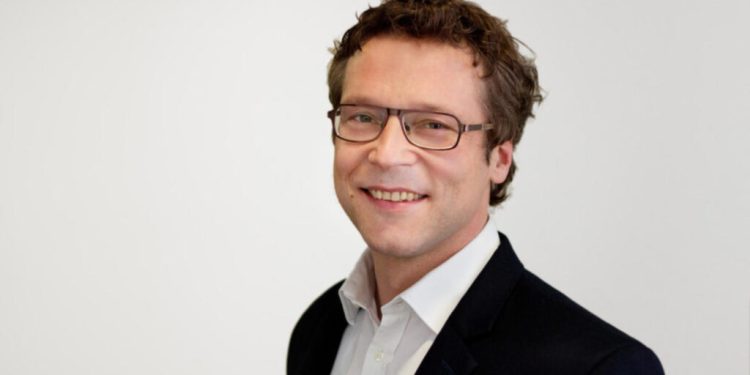Matthias Klagge stroke is a well-known name in the German media landscape. As a successful journalist and presenter, he has made a name for himself over the years. But in 2019, his life changed drastically when he suffered a severe stroke. In this article, we take a look at his life before and after this life-changing event, the challenges he faced, and his impressive journey of recovery.
The stroke – a dramatic event
A stroke occurs when the blood supply to part of the brain is interrupted, causing brain cells to begin dying. This can be caused by a blockage in an artery (ischemic stroke) or by a blood vessel bursting (hemorrhagic stroke). Symptoms vary but can include paralysis, difficulty speaking, and loss of consciousness.
Matthias Klagge’s experience
In the summer of 2019, Matthias Klagge suffered an ischemic stroke that changed his life from one moment to the next. He was preparing for a new professional challenge when he suddenly felt severe headaches and numbness on the left side of his body. He was immediately taken to hospital, where the diagnosis was made.
The first days and weeks after the stroke
The first hours after a stroke are crucial for the prognosis. Matthias Klagge received immediate medical help, including thrombolysis, a therapy to dissolve the blood clot. This rapid intervention was crucial to minimising the damage.
The path to rehabilitation
After the acute phase, Matthias Klagge began an intensive rehabilitation program. This included physiotherapy, occupational therapy and speech therapy to regain the lost abilities. The first few weeks were marked by frustration and pain, but also by small successes that gave him hope.
The challenges of recovery
One of the biggest challenges for Matthias was regaining control of his left side of the body. Every movement that was once second nature to him now had to be laboriously relearned. However, through tireless effort and the support of a dedicated team of therapists, he made steady progress.
Psychological and emotional challenges
In addition to the physical challenges, Matthias Klagge also struggled with the psychological effects of the stroke. The loss of independence and uncertainty about the future led to periods of depression and anxiety. However, through a combination of psychological support and the unwavering support of his family and friends, he was able to overcome these hurdles as well.
Read More: Die unerzählte Saga von Paul Ratliff: Fakten und mehr
The role of family and friends
The support of family and friends played a crucial role in Matthias‘ recovery. His wife and children were there for him around the clock, motivating him and helping him to focus on the small steps forward. This emotional support was just as important as the medical and therapeutic help.
The influence on social life
A stroke changes not only the life of the person affected, but also that of their loved ones. Matthias‘ family had to adapt to the new circumstances, redefine their roles and find ways to cope with daily life. Despite the stress, the family grew closer together and developed a new appreciation for life together.
Returning to work
Matthias Klagge always wanted to return to his professional life. However, this was associated with many challenges. The cognitive and physical limitations initially made it difficult for him to perform his previous tasks. However, with a lot of determination and support from his employer, he was able to gradually return to work.
The stroke changed Matthias‘ perspective on life and his work. He recognized the importance of mindfulness and balance in life and from then on worked to promote these values in his professional environment. He became an advocate for health awareness and stress management in the workplace.
Life after a stroke
Life after the stroke is a new chapter for Matthias Klagge. He has learned to appreciate the little things in life and to focus on the positive aspects. The experience has made him stronger and more determined to overcome life’s challenges.
Commitment and education
Today, Matthias is actively involved in raising awareness about strokes and their prevention. He shares his experiences publicly to encourage other sufferers and to point out the importance of a quick medical response. His goal is to raise awareness of the risks and consequences of a stroke and at the same time give hope.
Conclusion
Matthias Klagge’s stroke is an impressive example of resilience and determination. His path to recovery after a severe stroke shows that with support, hard work and a positive mindset, many hurdles can be overcome. His story is an inspiration for many people who go through similar challenges and gives hope that a fulfilling life is possible even after such a dramatic event.

